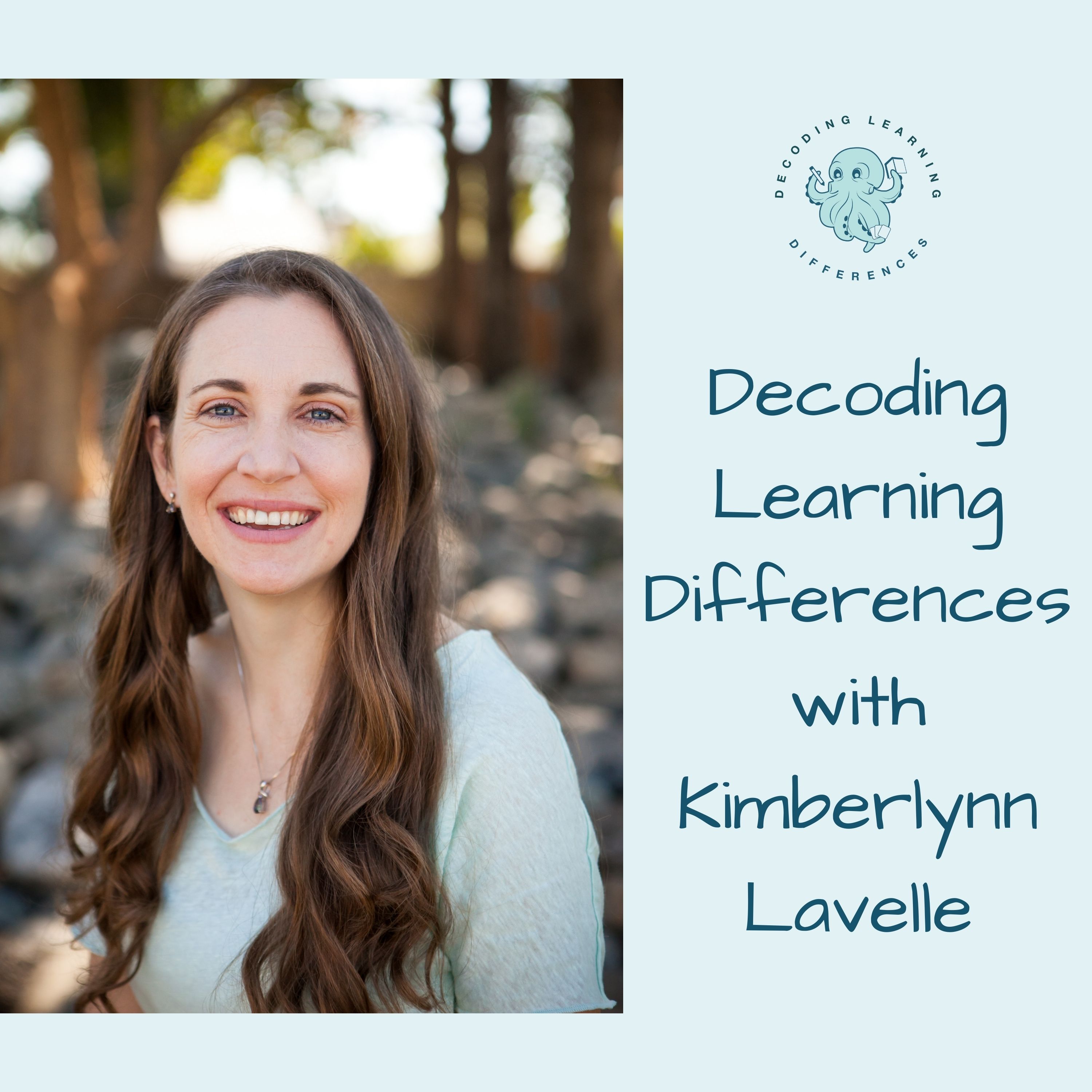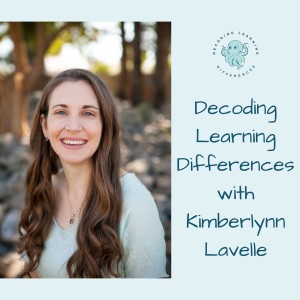

I teach parents how to educate their own children (especially those with struggling learners) so that they can successfully and peacefully homeschool or provide supplemental education at home. This podcast will discuss: - various learning disabilities and challenges, including: ADHD, dyslexia, autism, processing disorders, and so much more! - how all people learn - different learning styles - strategies for supporting specific learning challenges - how to apply these learning strategies at home - stories from homeschooling parents -interviews from other experts
I teach parents how to educate their own children (especially those with struggling learners) so that they can successfully and peacefully homeschool or provide supplemental education at home. This podcast will discuss: - various learning disabilities and challenges, including: ADHD, dyslexia, autism, processing disorders, and so much more! - how all people learn - different learning styles - strategies for supporting specific learning challenges - how to apply these learning strategies at home - stories from homeschooling parents -interviews from other experts
Episodes

Monday Mar 07, 2022
Work Completion is NOT the Goal!
Monday Mar 07, 2022
Monday Mar 07, 2022
“When you finish that math worksheet, you have the reading comprehension one from yesterday to finish.”
Does that sound reasonable?
To most of us, it does. We have likely heard and maybe said something very similar ourselves.
In a society focused on how “productive” a person is, we expect kids to finish worksheets like it is their job.
We even talk about school being a child’s job, and some parents pay kids for how well they do at their job! (Please see the episode “Motivation Killers” on why I don’t support this practice)
But learning is way more important than a job. We can choose to quit a job, and we can choose to quit doing a “learning activity”, but the actual learning is happening. Kids are constantly learning, especially when they are having fun and are interested in what they’re doing.
The more focused we are on a particular task being completed, the more likely it is that our child will find the task unpleasant and learn little from it.
Instead, ask yourself, “what is my goal in giving my child this task?”
Now, a worksheet to practice a particular math strategy is totally valid. I recommend starting with hands-on learning first, and then worksheets can provide good practice and review.
However, the goal of the worksheet is to allow for that practice, not to finish a worksheet. And maybe completing two problems is sufficient practice. Maybe two full pages is more appropriate.
And there are plenty of times that a worksheet is too easy and not helpful practice, or too difficult and getting the child to complete it leads to a child who has a finished worksheet that they have no idea how to do or what they were supposed to have learned from it.
I see this last one all the time. The other day I was given an incomplete comprehension page that one of my students was supposed to finish with me because they didn’t do it in class. I immediately could see that the worksheet was at a much higher reading level than this child’s ability, and was not on a topic the child was interested in.
I certainly could have gotten that worksheet finished with the child, but I have limited time with these kids and I want the time that I do have with them to be used wisely. So, instead of doing the worksheet, we worked on what I had planned already- some reading and math activities that were at her level.
The next time you are about to ask your child to complete something, question yourself: what is the purpose of this activity? At what point will it have fulfilled its function? Is it an appropriate level for my child? And then make an appropriate plan with that information.
No comments yet. Be the first to say something!